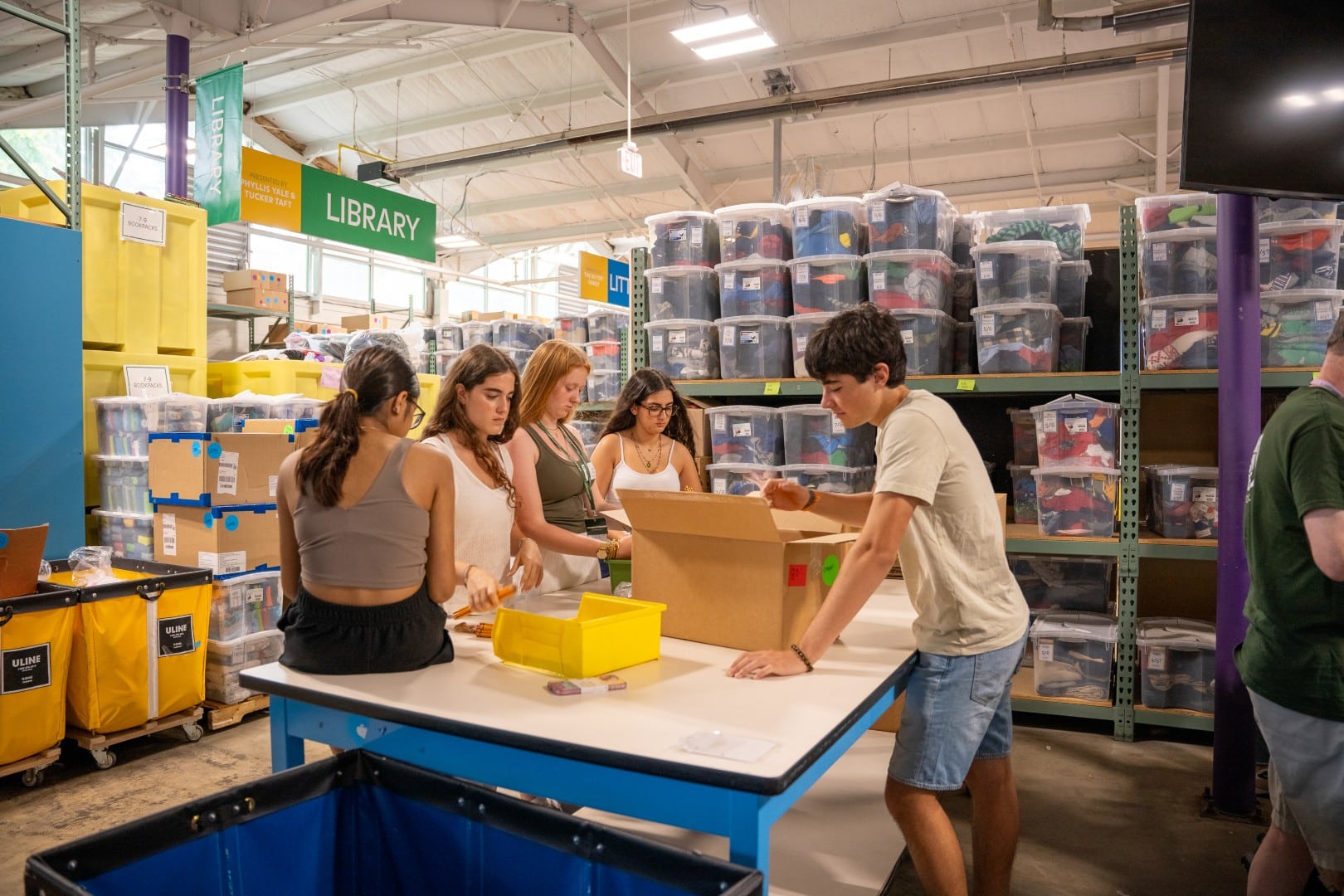
In an increasingly interconnected world, cultural competence and global awareness are becoming essential components of education. As societies become more diverse and global challenges more complex, it is crucial that students develop the skills to understand and navigate the cultural and social landscapes around them. The humanities—through disciplines such as the study of world cultures, literary traditions, ethics, and art—offer students profound insights into global diversity, fostering critical thinking, empathy, and a deeper understanding of human experiences.
By incorporating the humanities into educational curricula, summer schools can better equip students to become informed and compassionate global citizens, capable of tackling real-world problems. Let’s explore how each facet of the humanities—world cultures, literature, ethics, and art—helps nurture cultural competence and global awareness.
Understanding the richnpoess and diversity of world cultures is essential for developing global competence. Studying different customs, beliefs, and societal structures helps students appreciate diverse perspectives and break down stereotypes, fostering respect for cultural differences. This learning extends beyond history, as students also examine contemporary global issues like immigration, economic inequality, and climate change through various cultural lenses. Such exploration encourages critical thinking about how culture shapes perspectives and problem-solving approaches. Ultimately, this knowledge equips students with the skills needed to communicate and collaborate effectively in a globalised world, preparing them for future careers.
Literature is a powerful tool for building empathy and understanding diverse experiences. By exploring global literary traditions, students immerse themselves in the lives and challenges of people from different cultures and historical periods. This exposure fosters cultural competence by helping students see the world from various perspectives. For example, Things Fall Apart by Chinua Achebe offers insights into African views on colonisation, while One Hundred Years of Solitude by Gabriel García Márquez enriches understanding of Latin American history. Analysing literature helps students develop critical thinking, question societal norms, and engage with global issues like inequality, identity, and justice.
Ethics and morality are central to humanities, guiding students in exploring right and wrong and how societies should function. Studying ethical systems across cultures—through religious, or philosophical teachings—gives students insight into how different cultures address moral dilemmas. For example, Western philosophies like Aristotle’s teachings can be compared to Eastern ideas such as Confucianism or African concepts like Ubuntu, which stress community responsibility. Ethics in education helps students tackle real-world issues like climate change or AI, sharpening critical thinking and fostering a sense of global responsibility in their personal and professional lives.
Art transcends cultural barriers, allowing for the expression of ideas, emotions, and beliefs. By studying global art forms like visual arts, music, dance, and theatre, students gain insight into how different cultures express themselves creatively and emotionally. This enhances their appreciation of diverse human communication and cultural identity. For example, Islamic calligraphy and Mexican muralism reflect cultural values. Art fosters creativity and emotional intelligence, helping students develop problem-solving skills and better understand the emotional aspects of human experience, which are essential for global competence.
The humanities, with their focus on world cultures, literary traditions, ethics, and art, are essential in shaping students into globally aware, culturally competent individuals. By engaging with diverse perspectives and developing skills in critical thinking, empathy, and ethical reasoning, students are better prepared to navigate an increasingly interconnected and complex world.
Educational programs that emphasize cultural competence and global awareness through the humanities—such as those offered by institutions like Global Achievers Academy—are crucial in fostering the next generation of global citizens. These students will not only be equipped with the knowledge and skills to succeed in their careers but also the empathy and ethical responsibility to contribute positively to a global society. Through the humanities, we are cultivating leaders who understand the importance of diversity, creativity, and ethical action in addressing the challenges of the 21st century.